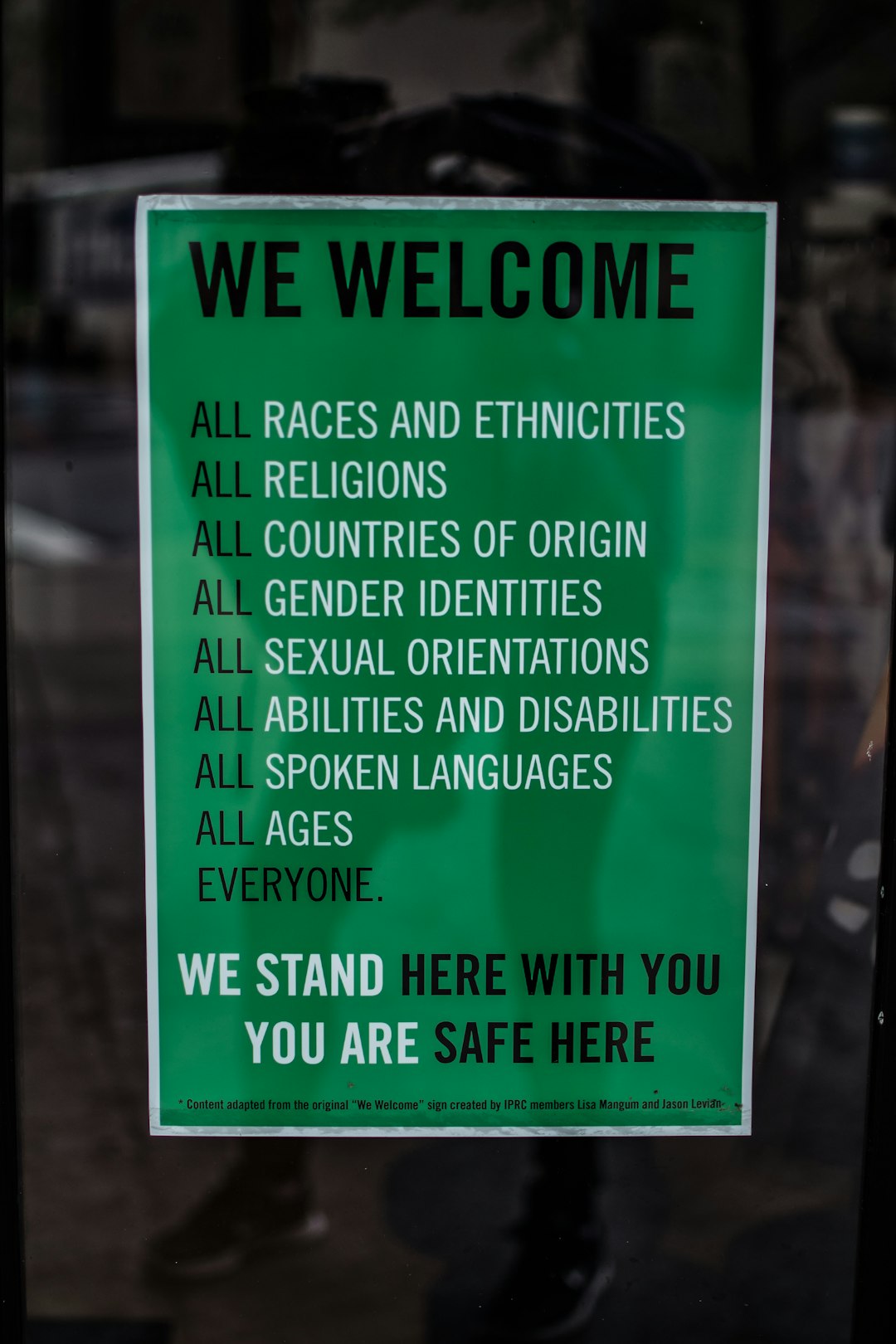
Racial Tensions Eroding America’s Sense of Security Forevermore
In recent years, the United States has witnessed a surge in racial tensions that have significantly impacted the collective psyche of its citizens. These tensions, fueled by socio-political factors, have led to an erosion of America’s sense of security. This article delves deep into the implications of racial tensions on national stability and security, offering insights into the current landscape, emerging trends, and practical applications.
The Historical Context of Racial Tensions
America’s history is marred by racial conflicts, from slavery to civil rights movements. The legacy of these events continues to shape societal attitudes and interactions. Recent incidents, such as the tragic death of George Floyd and the subsequent protests, have highlighted systemic racism and police brutality, exacerbating tensions across various communities.
The Psychological Impact of Racial Tensions
The psychological toll of ongoing racial tensions cannot be overstated. Many Americans, particularly those from marginalized communities, experience heightened anxiety and a diminished sense of safety. According to a survey conducted by the Pew Research Center, nearly 60% of Black Americans feel unsafe in their own neighborhoods due to the threat of violence and discrimination. This pervasive fear affects daily lives and interpersonal relationships, leading to a fragmented society.
The Role of Media in Amplifying Racial Tensions
Media plays a significant role in shaping public perception of racial issues. Social media platforms have become battlegrounds for discussions surrounding race, often amplifying divisive narratives. The spread of misinformation and sensationalized reporting can exacerbate existing tensions, further eroding trust among communities. Responsible journalism is crucial in fostering understanding and healing rather than deepening divisions.
Case Studies: Recent Events
The George Floyd Protests
The protests following George Floyd’s death in 2020 sparked a nationwide reckoning with racial injustice. The movement highlighted the urgent need for police reform and accountability. However, the backlash against the protests also revealed deep-seated fears among some groups, leading to increased polarization and security concerns.
The Rise of Hate Crimes
The FBI reported a significant increase in hate crimes, particularly against Asian Americans during the COVID-19 pandemic. This rise in violence not only erodes the sense of security for targeted communities but also has a ripple effect, heightening fear among other minority groups.
Current Developments and Emerging Trends
As racial tensions continue to evolve, several trends have emerged:
Increased Activism
A new generation of activists is leveraging technology to organize, advocate, and educate. Social media campaigns and grassroots movements are becoming more prevalent, creating a platform for marginalized voices. Organizations like Black Lives Matter have gained international recognition, pushing for policy changes and accountability.
Legislative Changes
In response to public outcry, some states have begun to implement reforms aimed at addressing systemic racism. Initiatives include police reform bills, anti-discrimination laws, and educational programs focused on diversity and inclusion.
Community Healing Initiatives
Various communities are launching initiatives aimed at fostering dialogue and understanding. Programs that promote intercultural exchange, such as community forums and workshops, are essential in bridging divides and restoring trust.
Expert Opinions
Experts emphasize the need for a comprehensive approach to address racial tensions. According to Dr. Robin DiAngelo, author of “White Fragility,” addressing these issues requires individuals to confront their biases and engage in honest conversations about race. She advocates for vulnerability and openness as essential steps toward healing.
Resources for Further Understanding
To gain a broader perspective on racial tensions and their implications, consider exploring the following resources:
- The Racial Equity Tools – A comprehensive resource for understanding racial equity and strategies for change.
- The Equal Justice Initiative – An organization dedicated to challenging racial injustice and advocating for criminal justice reform.
- The Pew Research Center – Offers surveys and studies on public opinion regarding race in America.
Conclusion
The erosion of America’s sense of security due to racial tensions is a pressing issue that requires immediate attention. As individuals and communities, it is our responsibility to engage in meaningful conversations, advocate for change, and foster understanding. By doing so, we can work towards a more equitable and secure future for all.
Encouraging dialogue and sharing this article can help raise awareness and promote understanding around these critical issues. Together, we can contribute to healing the divisions that threaten our society.


